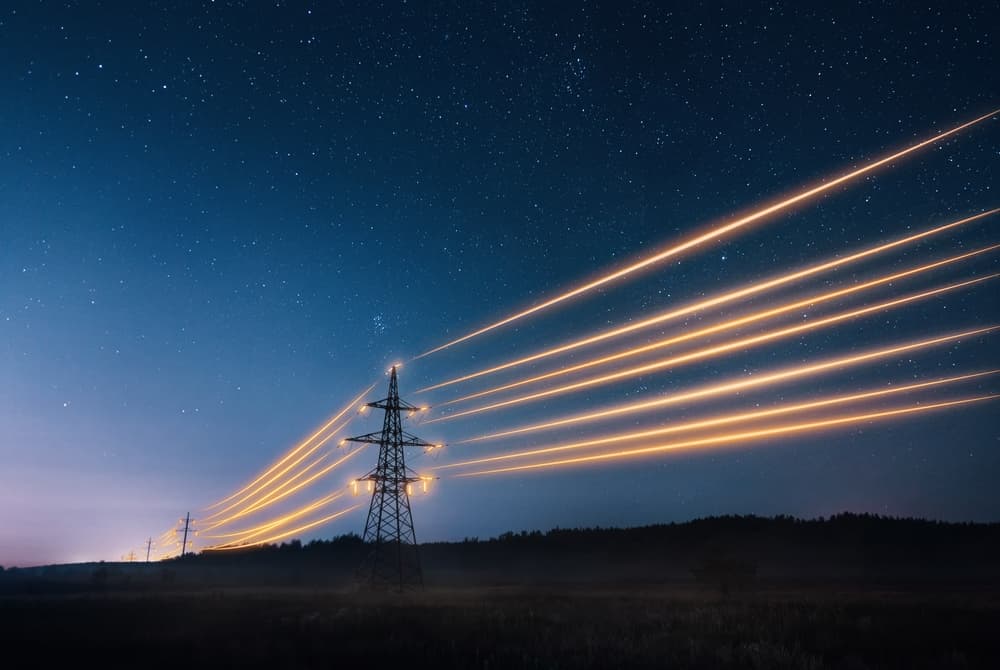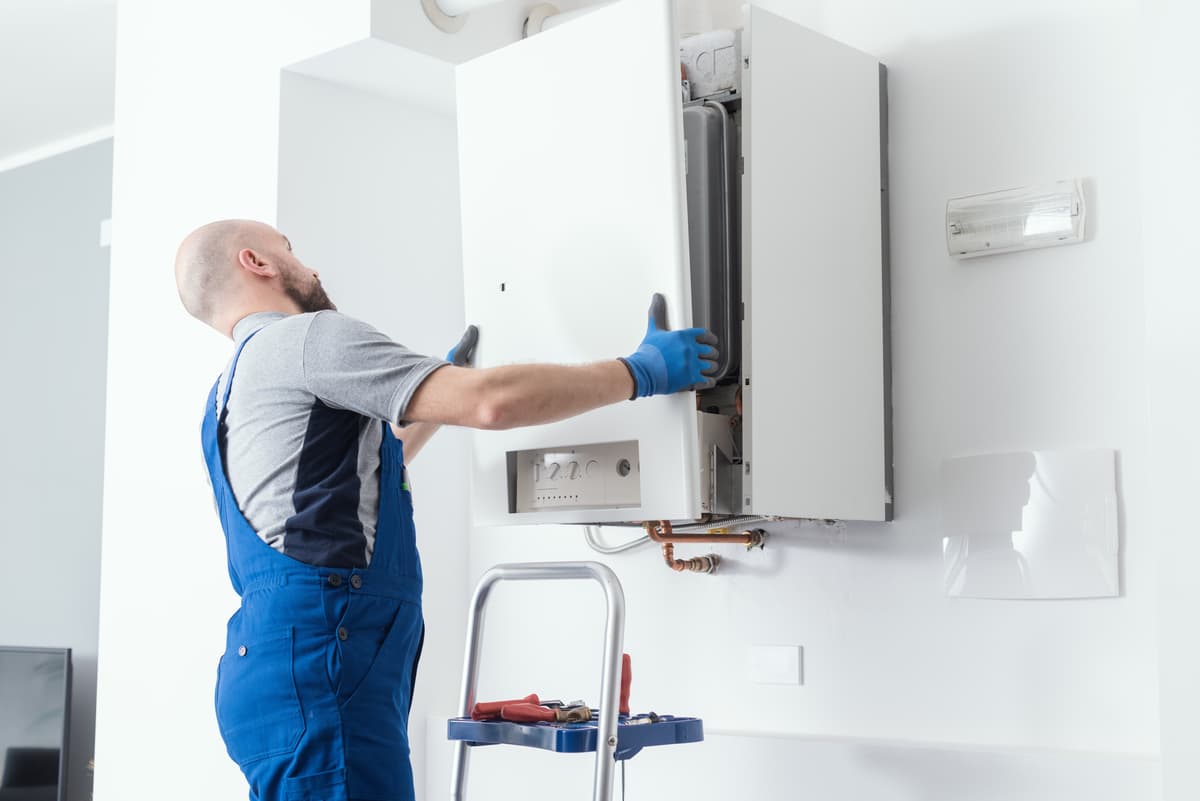Compliance and Enforcement
The CRU is responsible for safety regulation in the gas and petroleum industries.
Petroleum Safety Framework (PSF)
The Commission for the Regulation of Utilities monitors an owner’s, operator’s and petroleum undertaking’s compliance with safety obligations.
The Petroleum Safety Framework is a collection of regulations, written regulatory documents and procedures that the CRU uses to regulate the industry.
It does this through regular inspections and reviews of quarterly safety performance reports.
View the Compliance Assurance System document for more information on the CRU's compliance monitoring methodology.
Forms for completion by owners and operators:
Safety Performance Reporting Submission Form.
Independent Competent Body Submission Application Form.
Verification Reservation Submission Form.
Independent Review Body Application Form.
Independent Safety Case Review Report Submission Form
Enforcement powers
If the required standards have not been achieved, the CRU has significant enforcement powers at its disposal. This includes powers to prohibit activities in the interest of safety.
Fines of up to €3,000,000 also apply for failure to comply with enforcement actions.
Section 12 of theRequirements of the Petroleum Safety Framework paper provides more details on these CRU enforcement powers.
Gas Safety Framework (GSF)
Using regular audits and inspections the CRU monitors licensed natural gas and LPG undertakings' compliance with their safety case. A safety case is an outline of how they manage risks associated with their activity.
Enforcement powers
If the CRU finds a licensed natural gas or LPG undertaking is not in compliance with their safety case, the CRU can implement significant enforcement powers. These include the power to direct an undertaking to submit an improvement plan and to serve improvement and prohibition notices.
Fines of up to €25,000 also apply for failure to comply with enforcement actions.
These powers are set out in the Energy (Miscellaneous Provisions) Act 2012 which amended the Electricity Regulation Act 1999.
Electrical contractors and gas installers
The CRU is responsible for regulating electrical contractors and gas installers with respect to safety, under the Electricity Regulation Act 1999, as amended (“the ERA”). It is an offence to carry out restricted electrical works or gas works while not registered or to falsely portray oneself to be a Registered Electrical Contractor or Registered Gas Installer.
The CRU undertakes enforcement actions into reports of alleged illegal electrical (restricted) works and gas works. The CRU also takes enforcement action on reports of individuals or entities falsely describing themselves in a manner likely to suggest that they are a Registered Electrical Contractor (REC) or a Registered Gas Installer (RGI). All reports of suspected illegal electrical (restricted) and gas works are investigated by an Electrical Investigation Officer or a Gas Safety Officer respectively. We also take prosecutions.
The penalties for both offences are set out in the ERA. On summary conviction (a) to a fine not exceeding €5,000 or a term of imprisonment not exceeding 6 months or to both, or (b) on conviction on indictment to a fine not exceeding €50,000 or a term of imprisonment not exceeding 3 years or to both.
Report suspected illegal gas works
Report suspected illegal electrical works
In order for an electrical contractor or a gas installer to work in Ireland, they must be registered as a:
- Registered Electrical Contractor with the Safe Electric Scheme.
- Registered Gas Installer with the RGI Scheme.
The CRU has appointed Safe Energy Ireland as the Safety Supervisory Body. Safe Energy Ireland operate the Safe Electric and the Registered Gas Installer (RGI) Schemes for a five-year period from 2023 to 2027.
Find out more about the Safe Electric scheme.
Find out more about the RGI Scheme.
The Safety Supervisory Body operates under a performance management framework, which is composed of Service Levels and Key Performance Indicators, across the key activities i.e. inspections and audits, registrations, certification, complaints resolution, system availability and engagement, and has a focus on outcomes leading to safety and customer service.
The CRU promotes continuous improvement in the schemes and monitors the compliance of gas installers and electrical contractors with the schemes as reported by Safe Electric and RGI.
Related Content
Recognition of International Qualifications

Safety regulation of electrical and gas work
